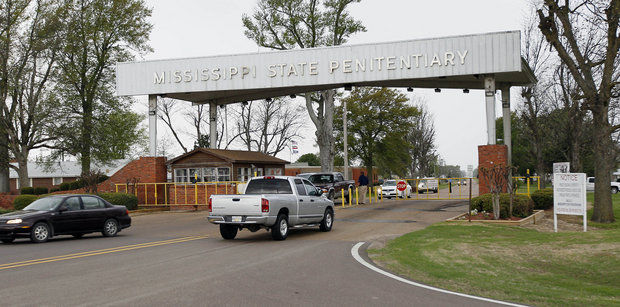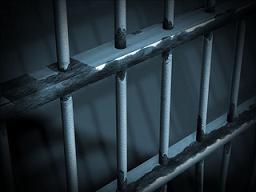

PARCHMAN, Miss. (AP) — An attorney for state prison inmates says last week’s boil order at the State Penitentiary at Parchman is another sign of the prison’s aging and unstable infrastructure.
“We will most likely continue to see serious problems with plumbing and clean water delivery, and the individuals incarcerated at Parchman will continue to suffer unsanitary and unhealthy living conditions,” Vanessa Carroll told The Clarion-Ledger.
The state Health Department issued a boil-water alert for the prison on Monday, Sept. 28, after an indicator of possibly harmful bacteria was found in a drinking water sample. The order was lifted Thursday, though, after tests found no harmful bacteria.
Mississippi Department of Corrections officials say they provide healthy conditions and will continue to fix problems. The alert had nothing to do with the prison’s old wells, three of which were operating properly, spokeswoman Grace Fisher said.
Alesha Judkins of the Southern Poverty Law Center said she got several calls from relatives of inmates in one unit, saying the water was causing cramps, diarrhea, rashes and vomiting.
Inmates began receiving bottled water on Tuesday. Prison officials moved in a timely manner to provide both inmates and staff bottled water, Fisher said.
“We keep some bottled water on hand, but not in mass quantities; therefore, we had to buy bottled water,” Fisher said.
Past problems at Parchman have included dozens of non-working showers, sinks, toilets and water fountains, and others that leaked, were stopped up or running continuously in May. Inspectors found a pipe leak, more than 100 sheets with rust on them, mold and mildew on some ceilings and walls, and one electrical outlet that was “sparking.”
A follow-up report said all these problems had been fixed.
An inmate’s complaint to the health department in January said hot water units replaced in July were too small for the 500-bed Unit 26, leaving inmates showering in cold water. Prison officials notified the health department in February that pipes had been repaired, that capacity for more hot water had been added and that hot water temperatures now reached at least 100 degrees.
J. Cliff Johnson, director of the University of Mississippi’s MacArthur Justice Center, said it’s no surprise that the prison, built in 1901, is falling apart.
“The state of Mississippi continues to try to hold that place together with chicken wire and bubble gum, but I just don’t think it can be done,” he said. “The inmates housed at Parchman are our sons, brothers, and fathers, and they deserve better — regardless of what mistakes they may have made.”



